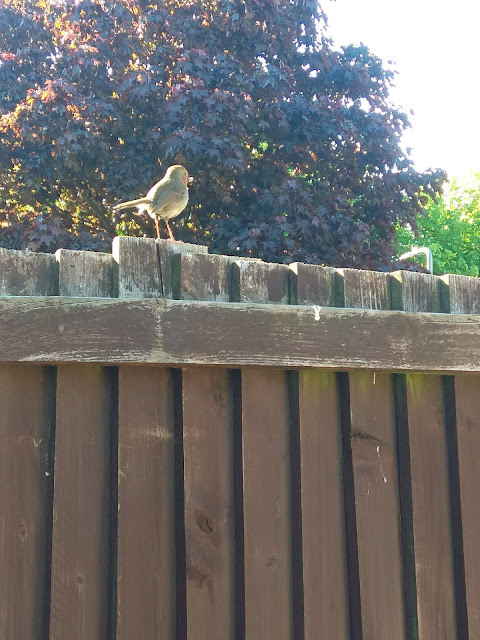Now THAT`S Talkin’ Bout a Revolution
April 29
I watched a documentary, Marley, about Bob Marley and from the start, shots
of tin shacks, barefoot children running on dirt tracks, men with crooked teeth
standing on rickety porches while it rained – it reminded me of home.
Studying about America’s problems, sometimes I forget where I come from and
what I will have to work with when I go back. The poverty in Pakistan is stark,
more in-your-face, more prevalent, more life threatening and acute. And I’m not
saying racism, sexism, ageism, etc. isn’t as dire as Pakistan’s violence,
illiteracy, unemployment, inflation, and so on, but it is oh so different, and
it is where my heart lies, it is why I’m here.
Anyways, so Bob Marley. He was born in a tiny, hilly green village in Jamaica,
where the light in the night came from stars and fireflies. He always loved
music, inspired revolutionaries across the world and inspired his people in
Jamaica to peace, helping to foster a truce between the rival political parties.
His dad was a background kind of white guy who slept around while he traveled
to other countries on active duty, but refused to really interact or get to
know Bob (listen to “cornerstone”, which is a pretty sweet song like all of
Marley’s music. Just makes you want to get up and turn your back on all the
materialistic, petty yet pervasive stress and just go sit out under an open sky
and light a joint).
Marley smoked pot, a lot, even grew his own weed in a middle-class
neighborhood in America, played the guitar, wrote songs about peace and
happiness and love, and danced to the reggae he spread across the world, and
played football. His house was always crowded with people, coming in and out at
all hours of the day and night, and they would sit around smoking, talking
about religion and justice and history, and then play football (I loved how in
the documentary it wasn’t soccer but football like the rest of the world calls the
sport) and then write songs and make music late into the night. It sounds like
the perfect life.
Marley slept around even though he was married, but the women in his life
forgave that, and their explanation was that there was too much to this man,
what he stood for and what he did. The kind of man who makes unforgivable
things seem trivial bad habits, like cutting your nails without spreading an
old magazine underneath. Annoying but not a thing that ends a relationship.
Back to Marley and Jamaica: shots of poverty give way to shots of violence: men with guns on streets, puffs of smoke dissolving in the air above
barrels, like lives of people caught in the crossfire, political parties
feeding off on the violence. Areas divided visibly with informal check-posts,
marking sectarian divides as constructed as the check-posts but harder to see
and erase. And like Marley said, when you have youth killing other youth, it
isn’t for anything, it is just the politicians’ using people, its divide and
rule…
Bob Marley inspired peace in Jamaica (I’m not sure if it lasted but it sure
happened, on a stage in front of hundreds of thousands of people moving their
bodies to the beat of Marley’s music); he was shot the night before an earlier peace
concert but he went on with it anyways; and then years later he directed a
negotiation between the rival political parties of Jamaica and had another
amazing concert.
He wrote a song for people in Zimbabwe, for people in Africa, for black
people in America, and even now, his music lives in the hearts of millions,
telling them to get up, stand up for your rights.
That sure was two and a half hours well spent.



Comments
Post a Comment